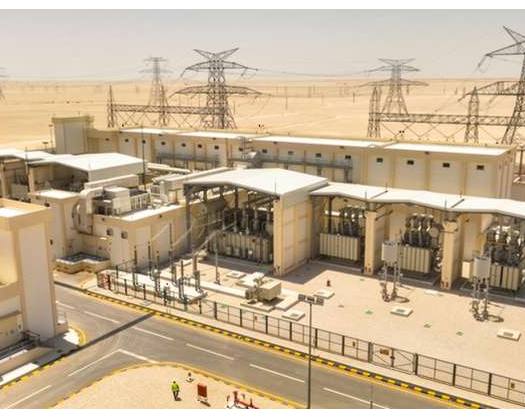New Delhi: Over the last twenty years, India's digital transformation has established it as one of the largest and most rapidly expanding markets in the world, boasting more than 700 million internet users.
The nation is on course to develop a USD 300-billion electronics sector and a USD 1-trillion digital economy by the fiscal year 2025-26, which could account for 18-23 percent of the national GDP, as reported by the Observer Research Foundation (ORF).
A significant factor driving this ambitious goal is the rapidly growing online gaming industry, which is expected to create transformative impacts across various sectors.
With its substantial growth potential, the online gaming sector is set to enhance India's objective of achieving a USD 1-trillion digital economy by attracting foreign direct investment (FDI), increasing tax revenues, generating employment, and fostering the growth of related industries such as fintech, Web 3.0, augmented reality (AR), and cybersecurity.
India's gaming sector exhibits similar trends, driving demand for processors, content, devices, and broadband connectivity while promoting technological advancements.
This cascading effect positively influences a wide range of sectors, including media, healthcare, manufacturing, and automotive.
A Finnish study titled The Digital Games Industry and its Direct and Indirect Impact on the Economy highlighted how the gaming industry leads in innovation, creating benefits that extend into other fields.
Gaming companies are at the forefront of rapid development cycles, pioneering organizational structures, and utilizing advanced technologies that are subsequently embraced by sectors such as real estate, information technology, and energy.
Research on the Economic Impacts of Video Game Technology Spillover has highlighted that technologies originating from the gaming industry, including game engines, virtual reality (VR), augmented reality (AR), rendering software, and haptic feedback, are now extensively utilized across various fields. For example, the healthcare sector employs VR and AR for medical training, while the manufacturing industry uses rendering software to enhance operational efficiency.
In the UK and Nordic countries, innovations from game developers have transformed practices in energy extraction, information technology, and machinery manufacturing, leading to increased productivity and efficiency. Similar spillover effects in India could potentially drive innovation and diversify the economy.
The growth of India's online gaming sector is closely tied to advancements in the fintech industry. The provision of secure and efficient digital payment solutions has been vital for the sector's expansion.
One prominent Indian gaming platform handles over 4 billion micro-transactions each month, accounting for roughly one in every 300 UPI transactions across the country.
Moreover, more than 20 percent of users on this platform complete their first digital payment through it, highlighting the significant role of gaming in promoting fintech adoption.
The interplay between online gaming and fintech fosters a vibrant ecosystem where both industries mutually benefit from each other's growth.
As online gaming continues to thrive in India, it is expected to further propel advancements in the fintech sector, leading to the development of more innovative payment solutions that will enhance the overall digital economy.













